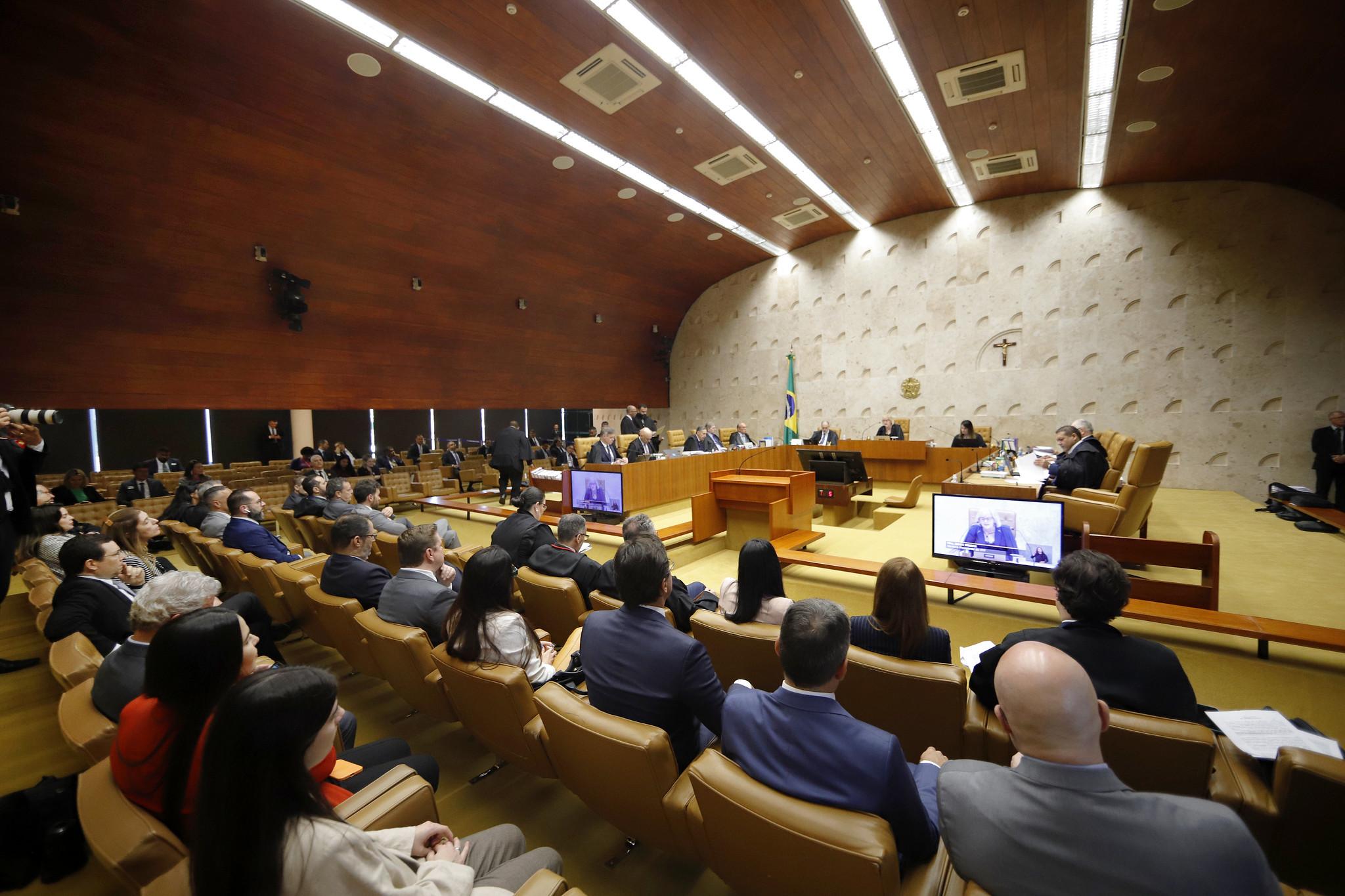This Wednesday (26), Brazil’s Supreme Federal Court decided to decriminalize the possession of marijuana for personal use, establishing a limit of 40 grams or six female Cannabis sativa plants. The trial, which took nine years to conclude, represents a late advance in relation to the Drug Law, which since 2006 has promoted mass incarceration in Brazil.
As several legal experts and representatives of civil society have insisted, the absence of criteria for distinguishing between user and trafficker in Law 11,343/2006 had a brutal impact on the Brazilian prison system: of 300 thousand imprisoned people in 2005, today there are 832 thousand in prisons, according to the Public Security Yearbook. Those most affected by this mistaken policy were and continue to be, above all, Black, young and poor people.
In this aspect, the Court’s decision goes a step further, by establishing objective criteria to separate those who consume the drug from those who sell it. But the “patch” to the 2006 mistake is insufficient to resolve the effects of the current drug policy, both those of the past, which filled our prisons, and those of the future. Just remember that, in the new decision, Cannabis remains a prohibited substance, so its possession for personal consumption (within established limits) no longer constitutes a crime, but is still considered illicit, that is, subject to administrative punishments.
The understanding reached by the Court is valid until the National Congress legislates on the matter. And here other problems begin, as the Senate approved, in April, the so-called Bill on Drugs Bill (“PEC das Drogas”), which goes in the opposite direction of improving legislation. Instead of objective criteria and informed debate, pure and simple criminal punitivism was opted for, including the possession of any quantity of drugs as a crime in the Constitution. The project now goes to the Chamber of Deputies, where this regressive perspective has also prevailed.
For Larissa Itri, legal consultant at the Humanitas360 Institute, “there has been a deliberate hermeneutical blindness in both Congress and the Supreme Court, since there are countless scientific studies demonstrating that mere decriminalization does not solve the problems arising from drug policy. By maintaining the prohibition of the substance, users are removed from multidisciplinary public treatment and the monopoly of drug trafficking is encouraged by organized crime. Although the STF has moved towards a proposed ‘solution’, it is still ineffective given the current drug policy scenario.”
Committed to defending resocialization policies for people arrested and released from the prison system in Brazil, the Humanitas360 Institute seeks to promote a frank and open discussion regarding drug policy in Brazil and its consequences, in addition to engaging in the debate regarding the medicinal and industrial uses of Cannabis. This year, we supported and were present at the public hearings promoted by the Working Group on Drug Policy and Incarceration, led by the president of H360, Patrícia Villela Marino, within the National Council for Criminal and Penitentiary Policy. The meetings, held in Brasília and São Paulo, brought together jurists, researchers, legal professionals and representatives of civil society to debate the direction of Brazilian legislation, always based on recent studies.





